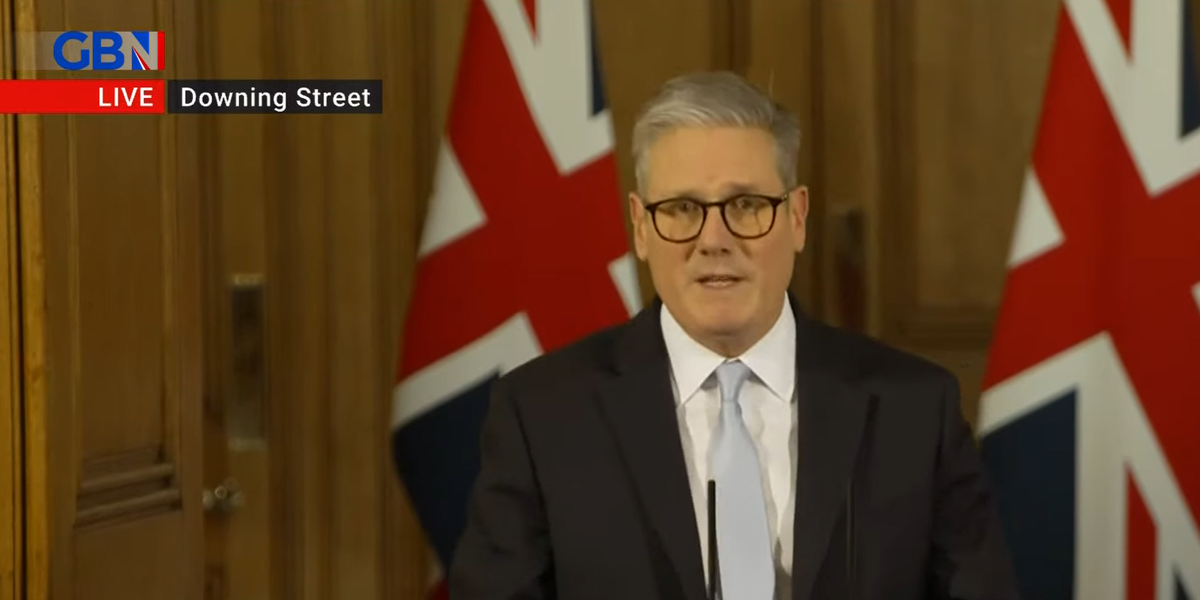An asthma drug taken by hundreds of thousands of Brits could increase the risk of suicide, American research suggests.
Montelukast, sold under the brand name Singulair, is a commonly prescribed drug in Britain being dished out over 4million times in England last year, NHS backed data suggests.
But new US-Government backed research has found it can cross the blood-brain barrier — a membrane designed to protect the brain — and attach to cells governing our mood and impulse control.
The study was prompted by concerning reports of children taking or attempting to take their own lives while on the medication, some as young as five.
Now there are concerns that the estimated 350,000 Brits who take the drug, including 35,000 children, could be living with a similar risk.
Given as a daily pill montelukast works by blocking chemicals released by the body that cause the airways to swell and constrict during an asthma attack.
Available since the 90s it’s typically prescribed to asthma patients whose condition can’t be brought under control by the usual treatment.
Controversy surrounding the drug, and its potential for prompting suicidal ideation, has circulated for years.
Montelukast, sold under the brand name Singulair, is a commonly prescribed drug in Britain being dished out over 4million times in England last year, NHS backed data suggests
Campaigners have repeatedly called for more to be done to make patients and parents aware of the potential risk.
These calls have now been amplified after the results of an investigation into the drug and its impact on the brain were revealed in the US.
Presented at the American College of Toxicology’s annual meeting earlier this month, representatives US Food and Drug Administration National Center for Toxicological Research confirmed there is a link between the drug and psychiatric conditions.
They said laboratory tests had shown ‘significant binding’ of montelukast to multiple receptor cells found in the brain and is highest in cells known to be involved with psychiatric effects.
However, the experts didn’t suggest the drug needs to removed from sale or banned, adding that its studies are still ongoing, and results have not yet been finalised.
Patient safety leaflets distributed with montelukast in Britain have described the risk of suicidal thoughts as ‘very rare’ only occurring in one in every 10,000 patients.
The UK’s drugs regulator, The Medicines and Healthcare products Regulatory Agency (MHRA), said this year more prominent warnings would be added to information leaflets distributed with the drug.
These are similar to those the US equivalent to the MHRA has added highlighting the potential risk of ‘serious neuropsychiatric events’ while taking montelukast since 2020.

Yael’s mother Le’at, 41 (right), a graphic designer, noticed a change in her daughter’s behaviour and attitude and began researching all her daughter’s asthma medication. Ms Borger was shocked to discover montelukast noted ‘suicidal thoughts’ as a side effect
The MHRA has consistently stated the benefits of montelukast outweigh the risks for most patients.
Drug safety incident reports submitted to the MHRA have recorded five reports of suicide among patients taking montelukast, three of these among people between the age of 10 and 19.
Such reports, which can be made by the public or medics, aren’t a guarantee that a particular drug is linked to a side effect, such events can potentially just be coincidences.
The MHRA has previously stated it has received over 1,200 reports of suspected neuropsychiatric reactions to montelukast since the drug was approved in the UK in 1998.
Some 500 of these were among children under 10.
Brits who have lost children to suicide, or have had near misses, while they were on the drug have insisted there is a link.
One case is that of Harry Miller, from London, who died by suicide aged 14 in 2018 after taking the drug.

Available since the 90s montelukast is typically prescribed to asthma patients whose condition can’t be brought under control by the usual treatment, inhalers
James Burke from Leeds, who died by suicide in April 2017, aged 21, after suffering years of anxiety and depression is another, whose death has been linked to the drug.
His mother Sharon, speaking in the aftermath said: ‘James took the final decision to kill himself, but that drug [montelukast] put him in the frame of mind to do it.’
Another was from London, England, who was 14 when he died by suicide in 2018 after taking the asthma drug.
And in 2019, the Mail on Sunday, shared the story of Yael Borger who, at 16, was gripped by suicidal thoughts she believes were brought on by the drug.
Graham, the father of Harry said he welcomed the MHRA’s new commitment to make warnings on the drug’s potential risks clearer earlier this year.
‘We feel it brings some meaning to Harry’s death because it alerts other kids to the dangers,’ he told The Guardian.
Estimates on the number of patients taking montelukast have come from a UK action group concerned about the drug’s potential health impacts.
Montelukast was originally developed by the German pharmaceutical company Merck.
Organon, a Merck spinoff that now markets Singulair, said in a statement following news of the American research last week it’s confident in the drug’s safety profile.
‘The product label for Singulair contains appropriate information regarding Singulair benefits, risks and reported adverse reactions,’ the company said.












